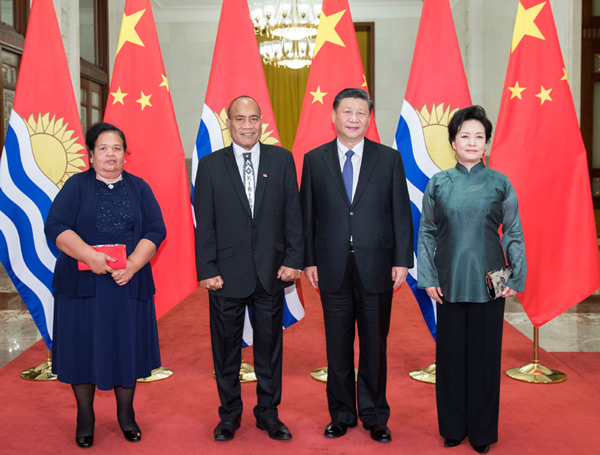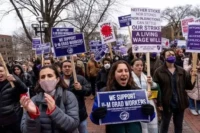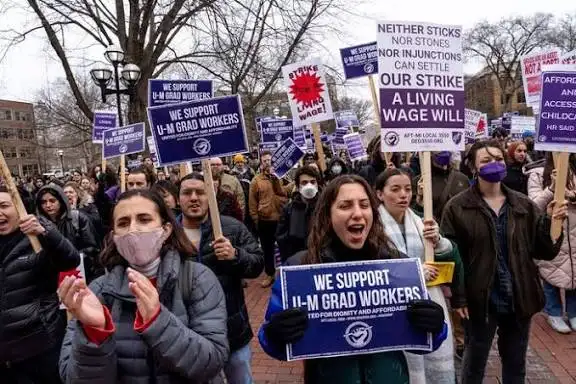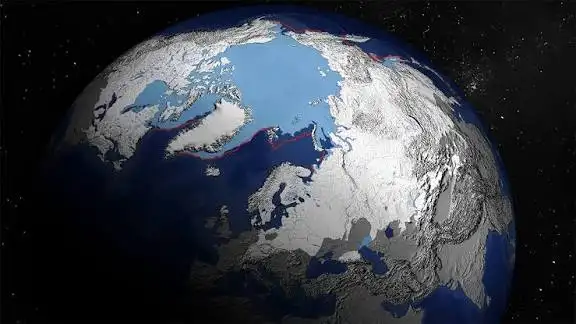Kiribati’s pro-China government announced the suspension of all diplomatic visits until 2025, citing the ongoing election process and the need to focus on forming a new government. This decision has raised concerns among Western nations, particularly Australia and New Zealand, which have been critical of Kiribati’s deepening ties with China.
The suspension came after Kiribati held parliamentary elections in August 2024, with the ruling Tobwaan Kiribati Party (TKP) securing 33 of the 45 seats. This majority enabled the TKP to nominate incumbent President Taneti Maamau for a third term, effectively blocking opposition candidates. The presidential election was scheduled for October 25, 2024.
The Ministry of Foreign Affairs and Immigration stated that diplomatic visits would be suspended or canceled until 2025 due to the government’s focus on the election and the formation of a new administration. Small delegations could apply for exemptions, but the general ban was intended to prevent foreign interference during this critical period.
Critics argue that the suspension reflects a pattern of avoiding international scrutiny, particularly concerning Kiribati’s increasing alignment with China. Mihai Sora, director of the Pacific Islands Program at the Lowy Institute, noted that the move could provide political cover for intense lobbying and deal-making ahead of the presidential vote.
In response to the suspension, New Zealand announced a review of its development funding to Kiribati. The abrupt cancellation of a planned meeting between New Zealand Foreign Minister Winston Peters and President Maamau in January 2025 prompted this reassessment. New Zealand officials expressed frustration over the lack of engagement from Kiribati since its alignment with China in 2019. The review could impact visa provisions and seasonal work schemes for Kiribati citizens.
The suspension also drew attention to Kiribati’s strategic importance in the Pacific region. Its proximity to Hawaii and vast exclusive economic zone have made it a focal point in the contest for influence between Western powers and China. The government’s decision to bar foreign officials during the election process underscores the delicate balance Kiribati seeks to maintain amid competing international interests.
As Kiribati continues its election process, the international community remains attentive to the developments, particularly concerning the nation’s foreign relations and its alignment with China. The outcome of the presidential election and the formation of the new government will likely have significant implications for Kiribati’s future diplomatic and economic engagements.












Leave a comment